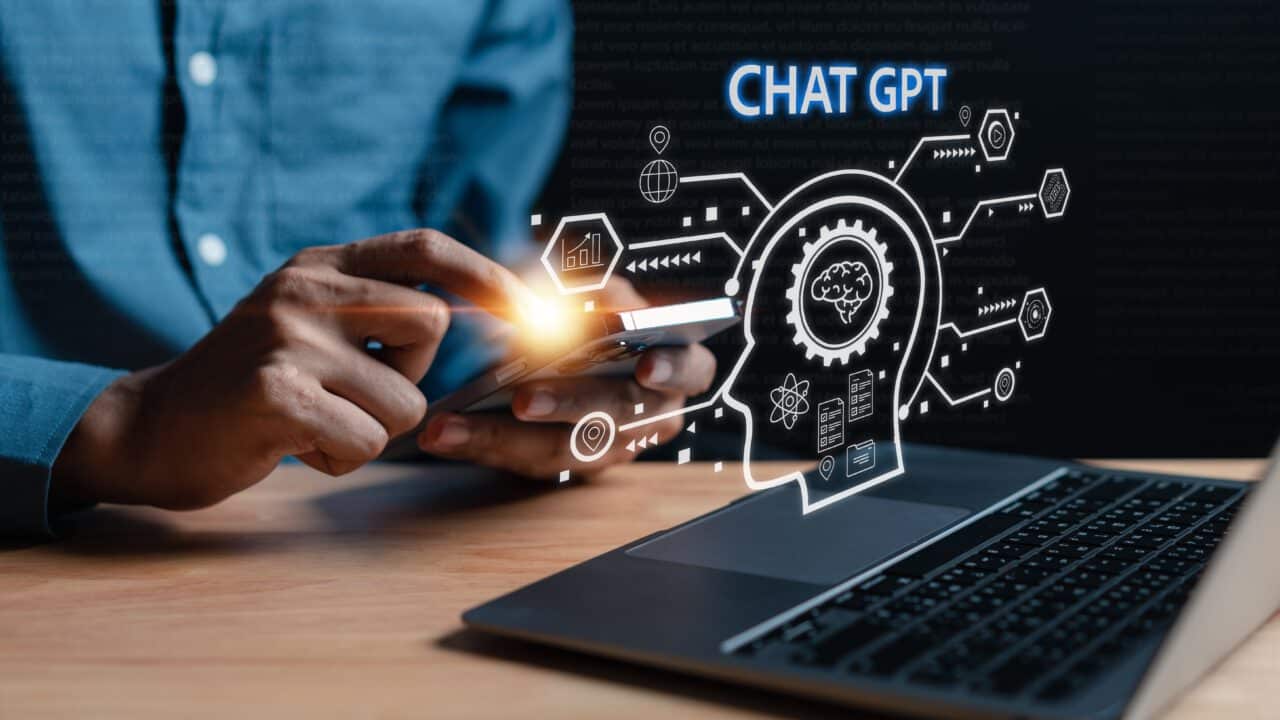
ChatGPT is an artificial intelligence (AI) chatbot developed by OpenAI. The chatbot has a natural language processing (NLP) system that can analyze the context of a conversation and generate human-like responses. It has been trained on a massive dataset, allowing it to process and analyze large sequences of data and recognize patterns. While chatbots have existed for a while, ChatGPT is one of the first to generate such in-depth and human-like answers. This creates vast opportunities for organizations and the technology industry as whole, potentially shaping the future of business. Below we discuss 3 ways AI software like ChatGPT will impact the technology space:
1. The Future of Business Intelligence and Business Analytics
In the next few years, ChatGPT will have a large influence on business intelligence and business analytics. Many companies will integrate AI Chatbot technologies to process and analyze large amounts of data to save time from manual processes, gaining immediate and real-time insights. Rather than having to do your own research, you can potentially ask a chatbot complex data questions and receive detailed answers in a matter of minutes. Similar to voice assistants on your phone or in your home, you could have chat assistants that can fetch business analytics reports or perform batch operations on your command. In the accounting and financial space, many cloud accounting solutions already incorporate advanced automation, however we will begin to see an integration of chat software like ChatGPT to help improve the user experience and streamline interactions. Imagine being able to ask a chatbot to provide real-time data back to you rather than having to dig into the reports manually on your own. By integrating these advanced chatbots, financial platforms will have the ability to quickly solve more complex data-related questions to save time and reduce errors.
2. Communication and Collaboration
As AI Chatbots continues to advance, it has the potential to help organizations enhance their communication and collaboration. The system’s ability to automate tasks and create human-like responses will help increase efficiency and user-experience. For example, in the next few years email communication could become more productive for individuals and teams by automating responses. The system will analyze your email data and create tailored response suggestions to send, helping to improve the quality and clarity of emails. These automated responses can save employees’ time with more seamless communication. Microsoft solutions already do this in a limited way by providing short, prewritten responses in Teams and Outlook. Future iterations of this service could analyze the received message, retrieve the requested information automatically, and provide a complete pre-written email response based on your language patterns and communication habits.
3. Security
As discussed above, solutions like ChatGPT will have a significant impact on the way organizations operate, and this transformation applies to security as well. An interactive chatbot will improve communication around security by providing a more efficient way to monitor and address potential threats. It will help improve user–experience by detecting security threats, actively reaching out to users, and providing initial troubleshooting support. By automating low-risk security tasks, such as data collection and monitoring for false alarms, AI solutions will save your team time to focus on more critical security issues. Security software today already reacts in real-time to threats, but Security Operation Center (SOC) teams are still operated by humans and can suffer from delays and poor communication habits. AI powered chatbots could use their advanced capabilities to quickly analyze vast amounts of data to identify patterns and detect outliers much faster than a human individual. It can then automatically begin communicating with the impacted end-user to triage the issue, collect further data, and provide a detailed report to the engineering team within minutes.
As organizations begin to evaluate how to leverage AI technology like ChatGPT , it’s important to recognize that there is still a need for human decision-making. While ChatGPT is a great resource to compile, summarize and analyze data, AI technology still lacks the ability to think for itself, operating strictly based off the data at its disposal. There are many other outside factors that are essential when making important business decisions.
If you would like to learn more about AI solutions and how your organization can leverage new technology, email us.


